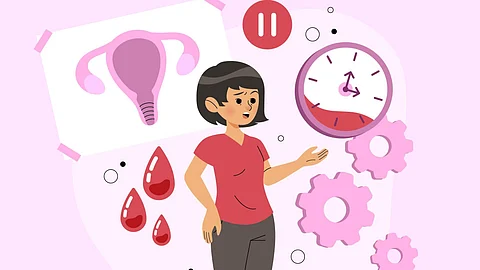By Tammy Barry
Hormones, vital chemical messengers in the body, are crucial for numerous bodily functions, including regulating metabolism and managing reproductive processes. However, when these hormones are off balance, they can trigger different health issues, affecting your quality of life. While hormonal changes are a natural part of life stages like puberty, pregnancy, and menopause, significant imbalances require attention and action. Understanding these imbalances is the first step to addressing their effects. For many women, treatments like hormone replacement therapy for women can be a game-changer, helping to alleviate the challenges posed by shifting hormones. This therapy can restore balance, improve energy levels, and enhance emotional well-being with the proper guidance.
Common Symptoms of Hormonal Imbalance
Hormonal imbalances manifest in several ways, making them difficult to identify. Common problems include sudden weight gain or loss, chronic fatigue, and persistent mood swings. Women may experience irregularities in their menstrual cycles or face severe premenstrual syndrome (PMS). Issues with the skin, like acne and hair thinning, are frequently associated with hormone changes. Emotional symptoms like heightened anxiety or unexplained waves of depression are also crucial indicators. Paying close attention to these changes in your body can help you take timely action and seek appropriate medical advice if necessary.
Causes of Hormonal Imbalance
The causes of hormonal imbalances are diverse. One of the most pervasive is stress. Chronic stress signals your adrenal glands to pump out more cortisol, which can interfere with the production of other vital hormones and lead to a widespread imbalance. Nutritional deficiencies are crucial, as your body needs various nutrients to produce hormones efficiently. Environmental toxins and pollutants in our modern world contribute to hormonal changes by mimicking or blocking natural hormones. Moreover, certain medical conditions, such as thyroid imbalances or polycystic ovary syndrome (PCOS), can exacerbate these fluctuations.


